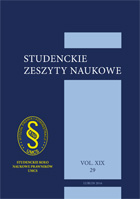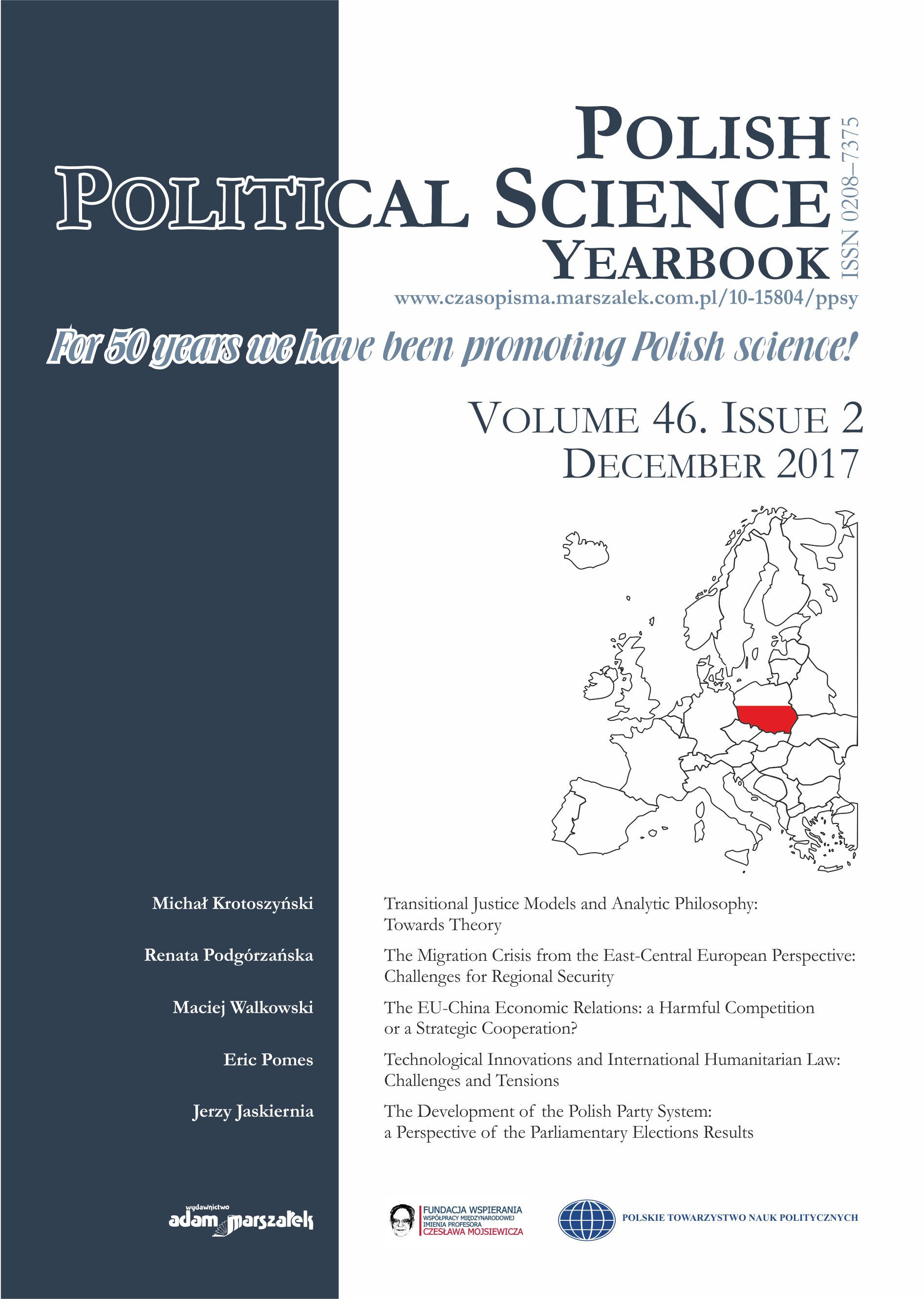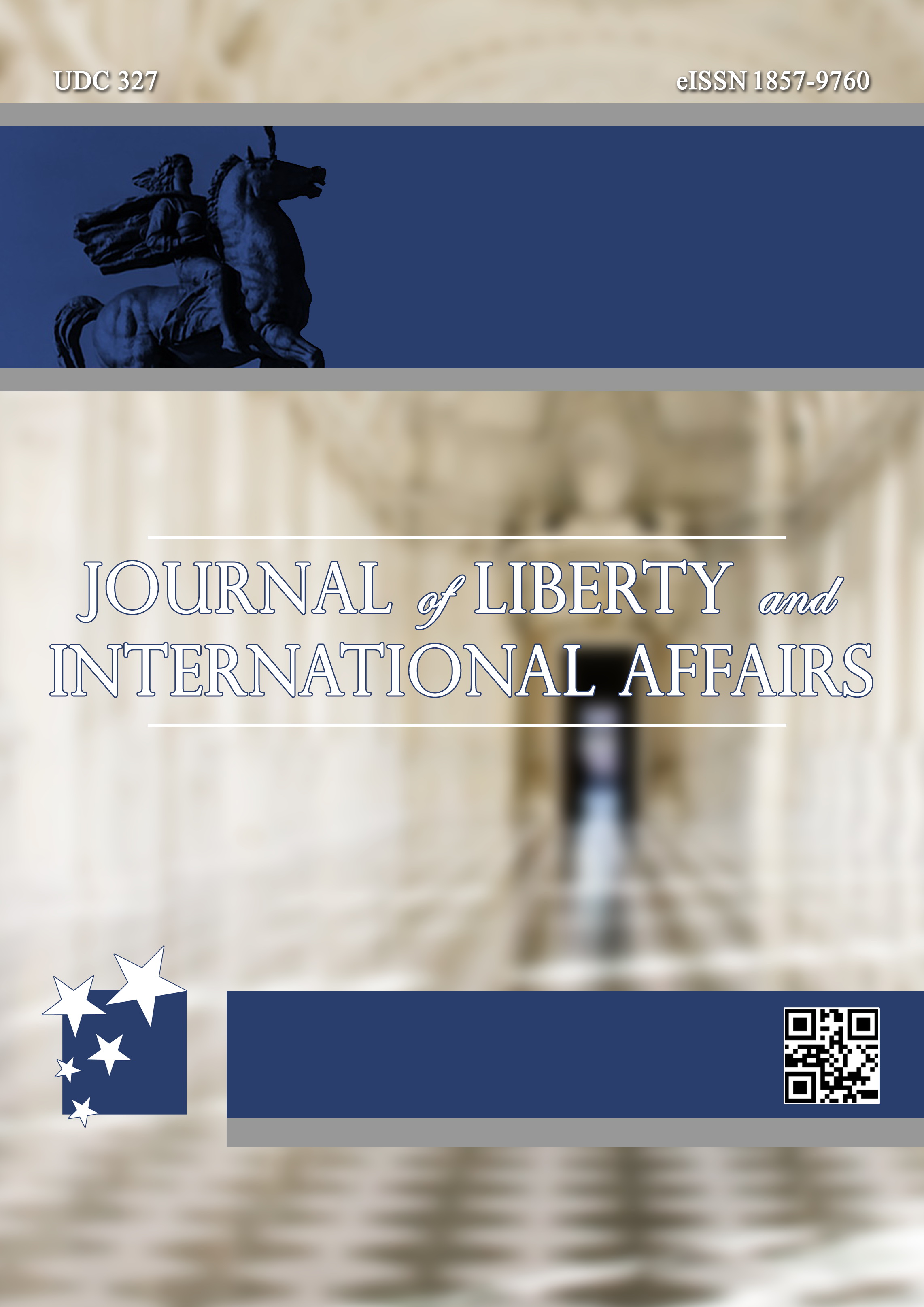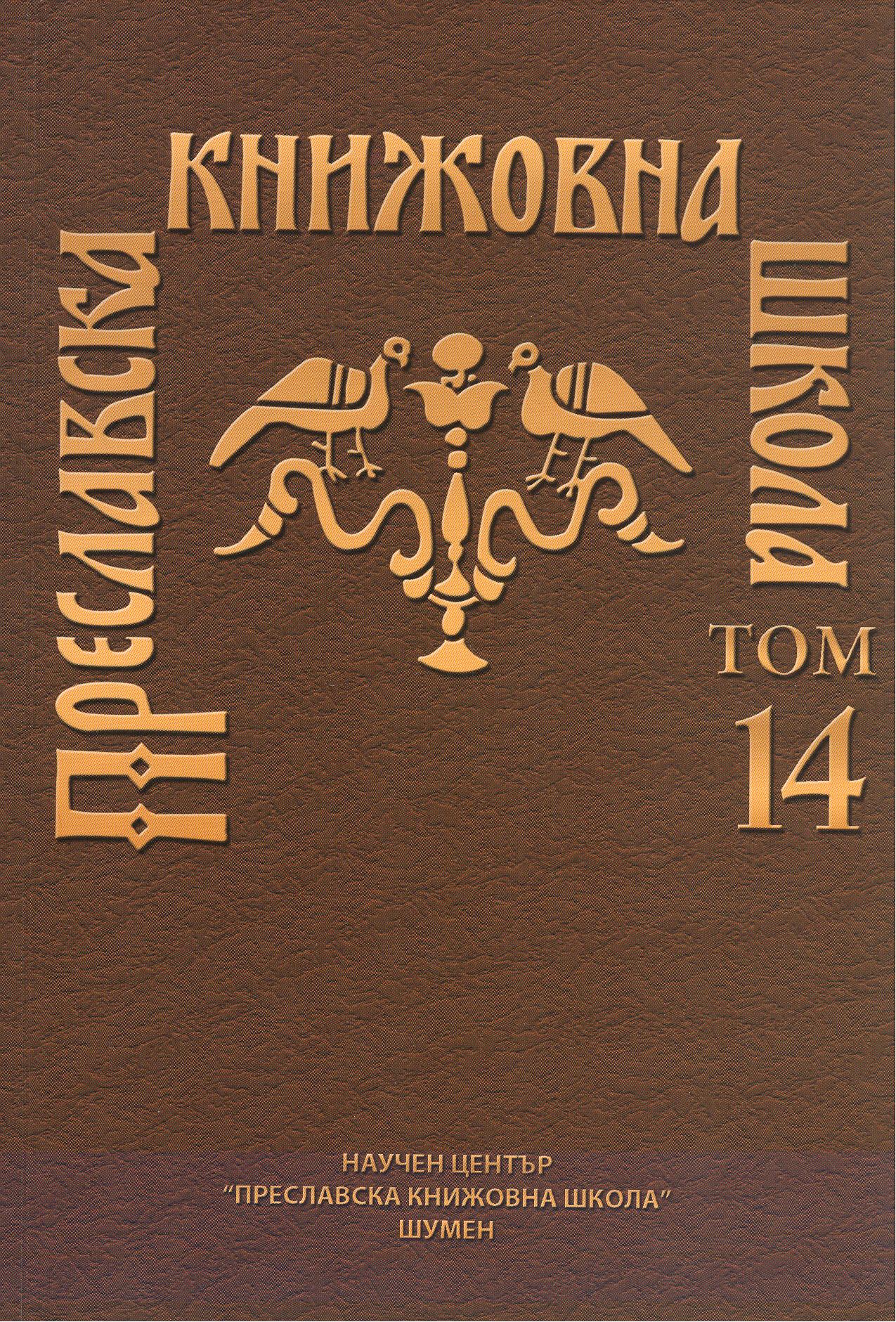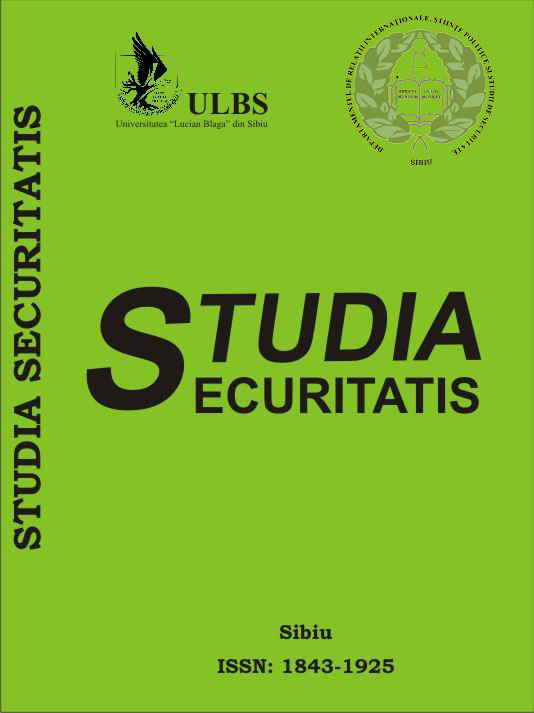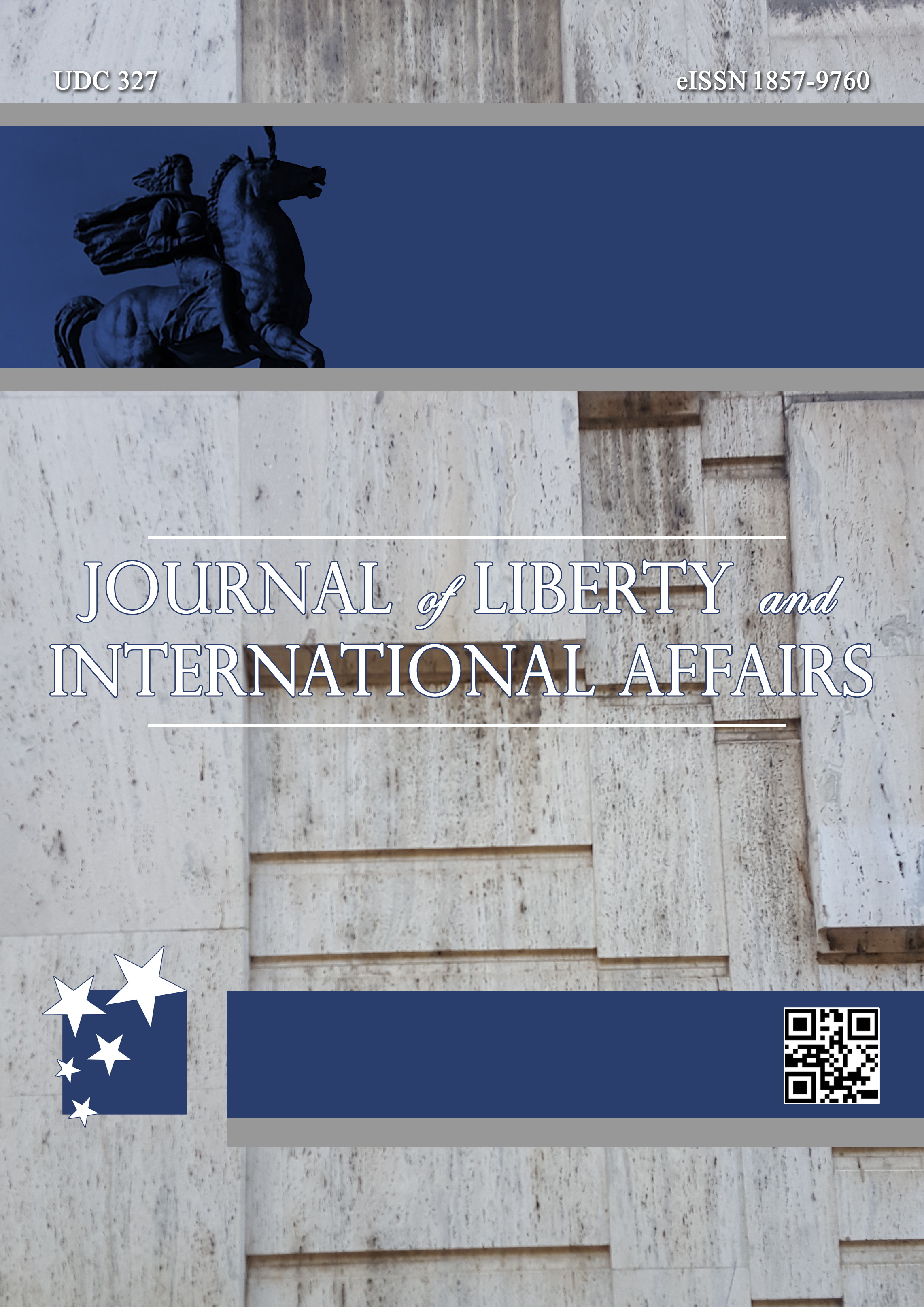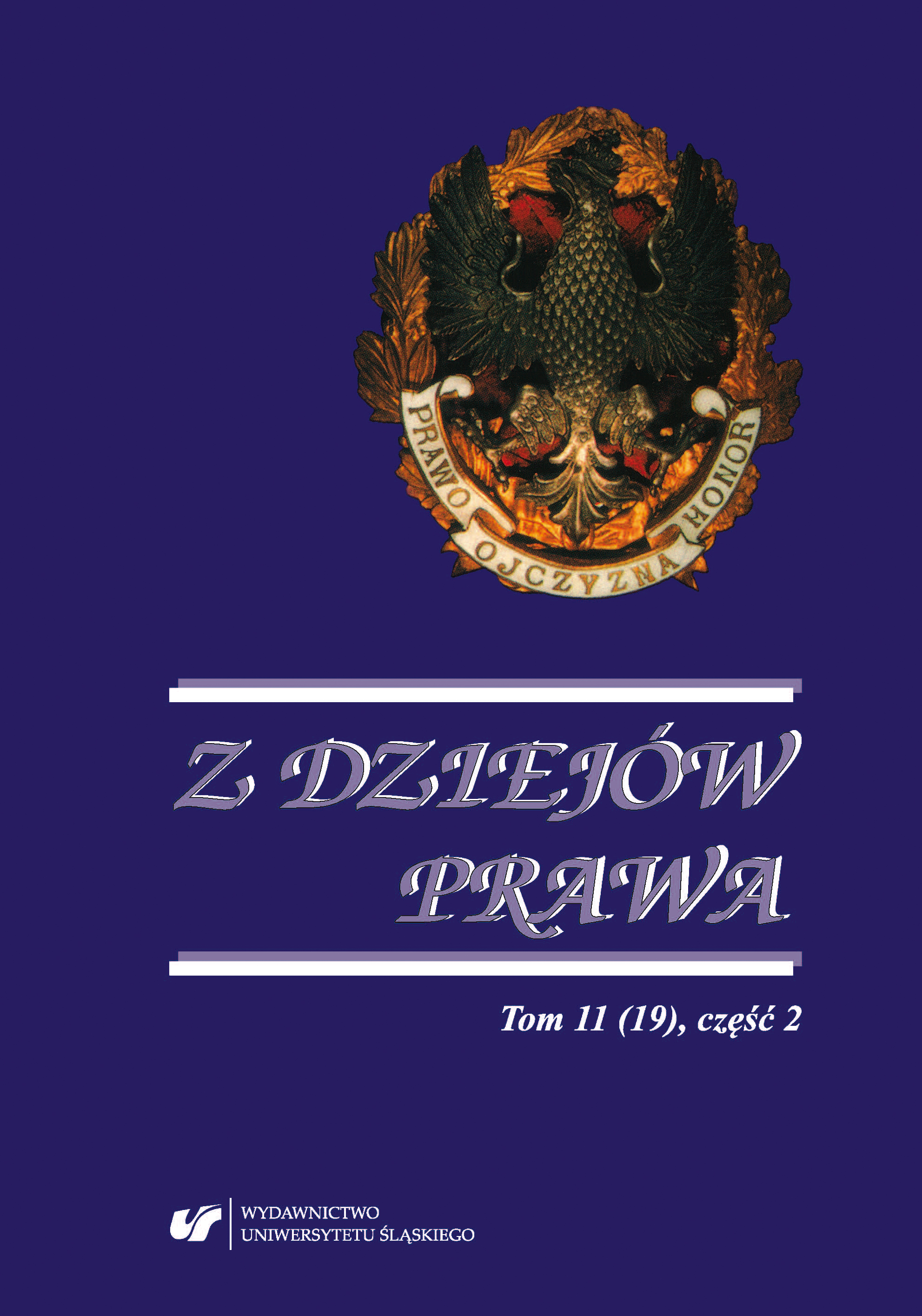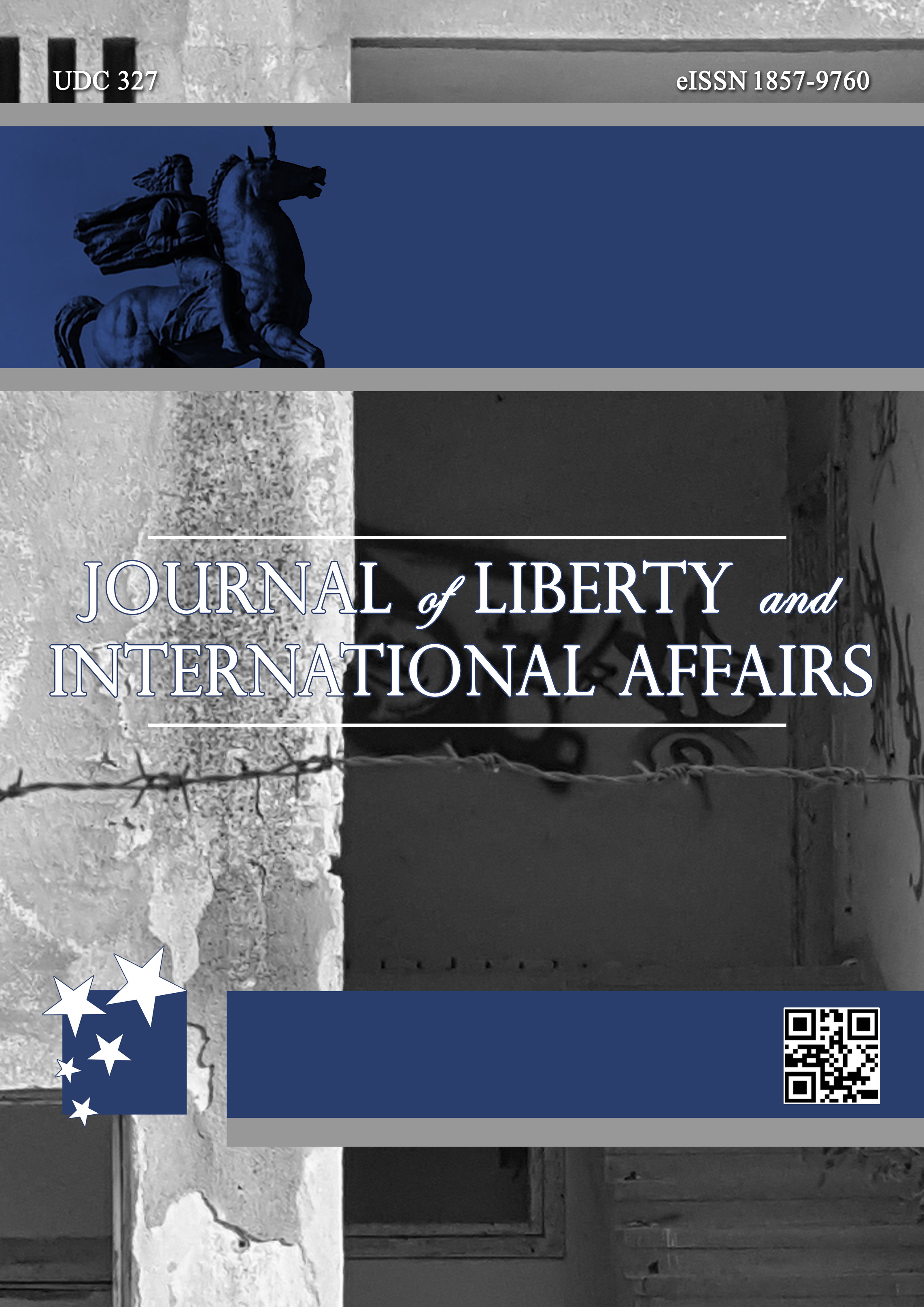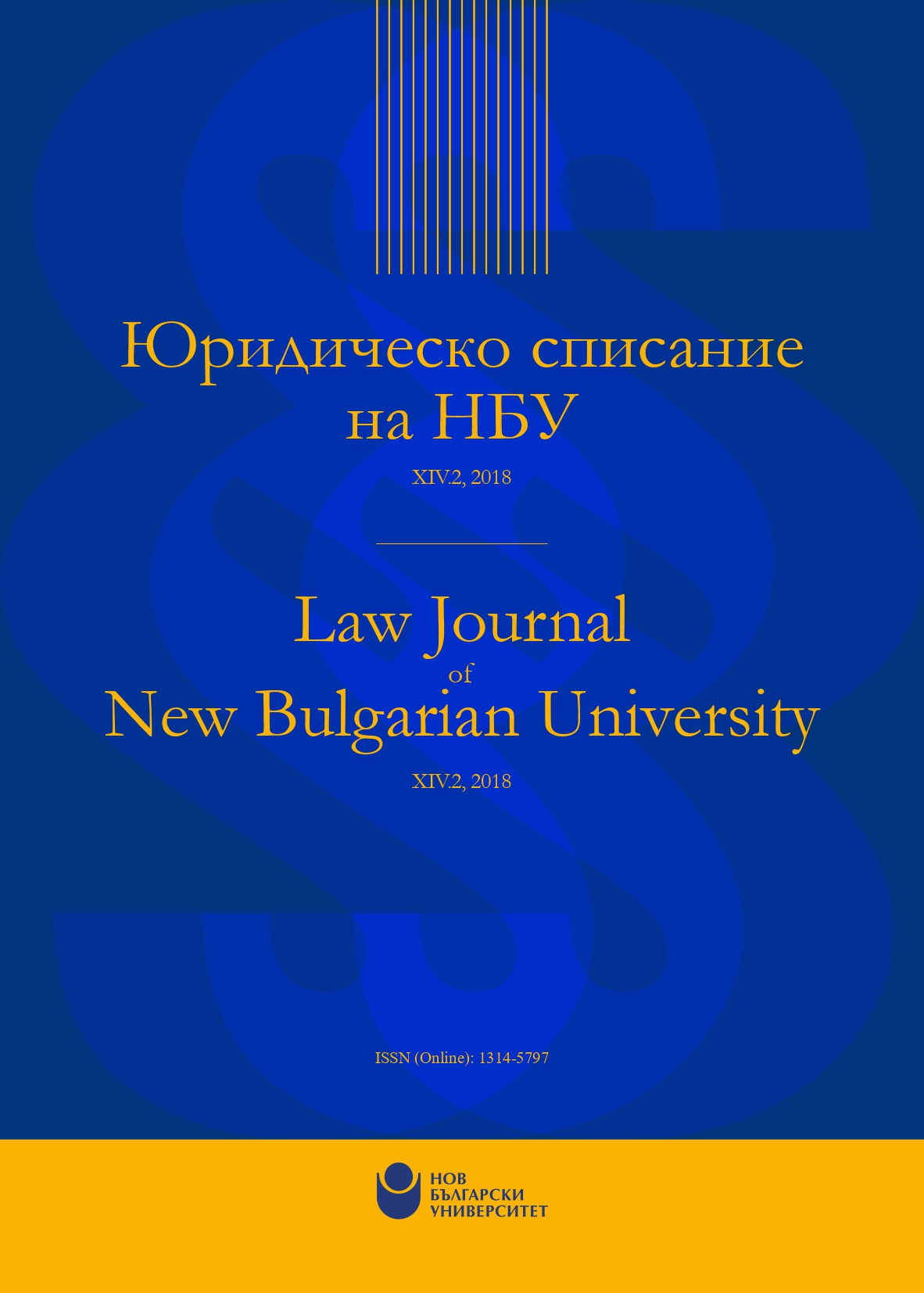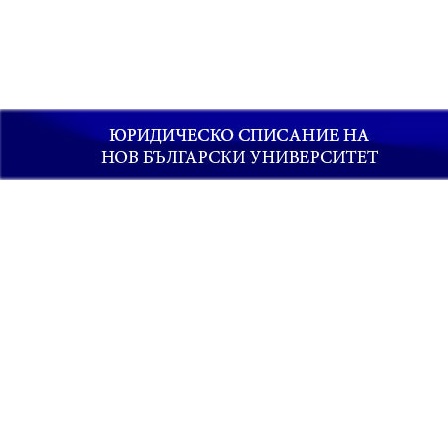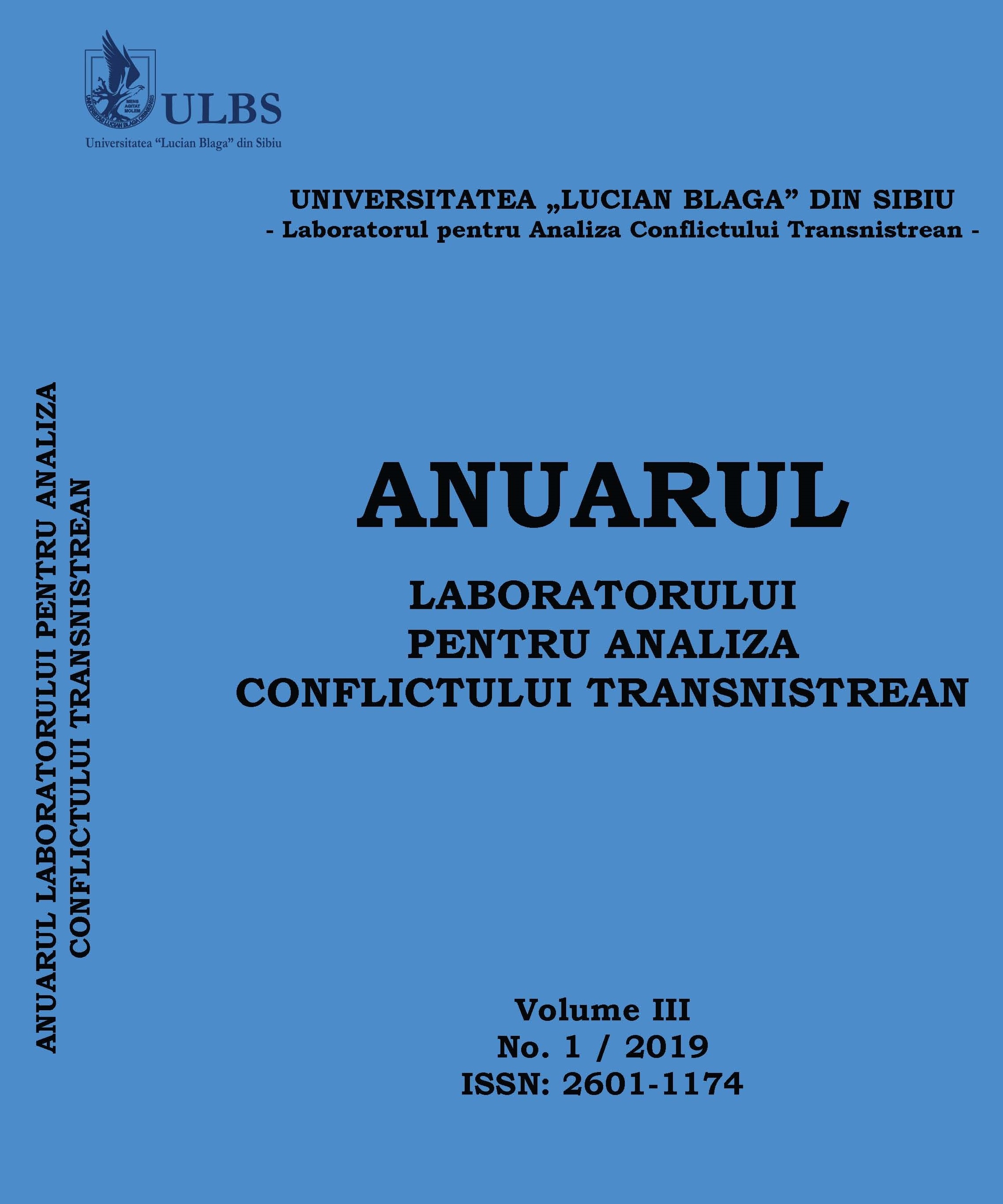ПРОБЛЕМЫ НАЗНАЧЕНИЯ НАКАЗАНИЯ ЗА ПРЕСТУПЛЕНИЯ ПРОТИВ ЖИЗНИ СУДАМИ РЕСПУБЛИКИ ТАТАРСТАН В 2010–2012 ГГ.
The article analyzes the materials of the judicial practice on crimes against life, which were considered by the courts of the Republic of Tatarstan in the period from 2010 to 2012. Based on the analysis, the author specifies the structure of crimes against life, committed in the indicated period, and discloses personality characteristics of the criminals. Much attention is paid to the types of punishments within this category of cases, as well as to the typical mistakes made by the courts when sentencing criminals.
More...
